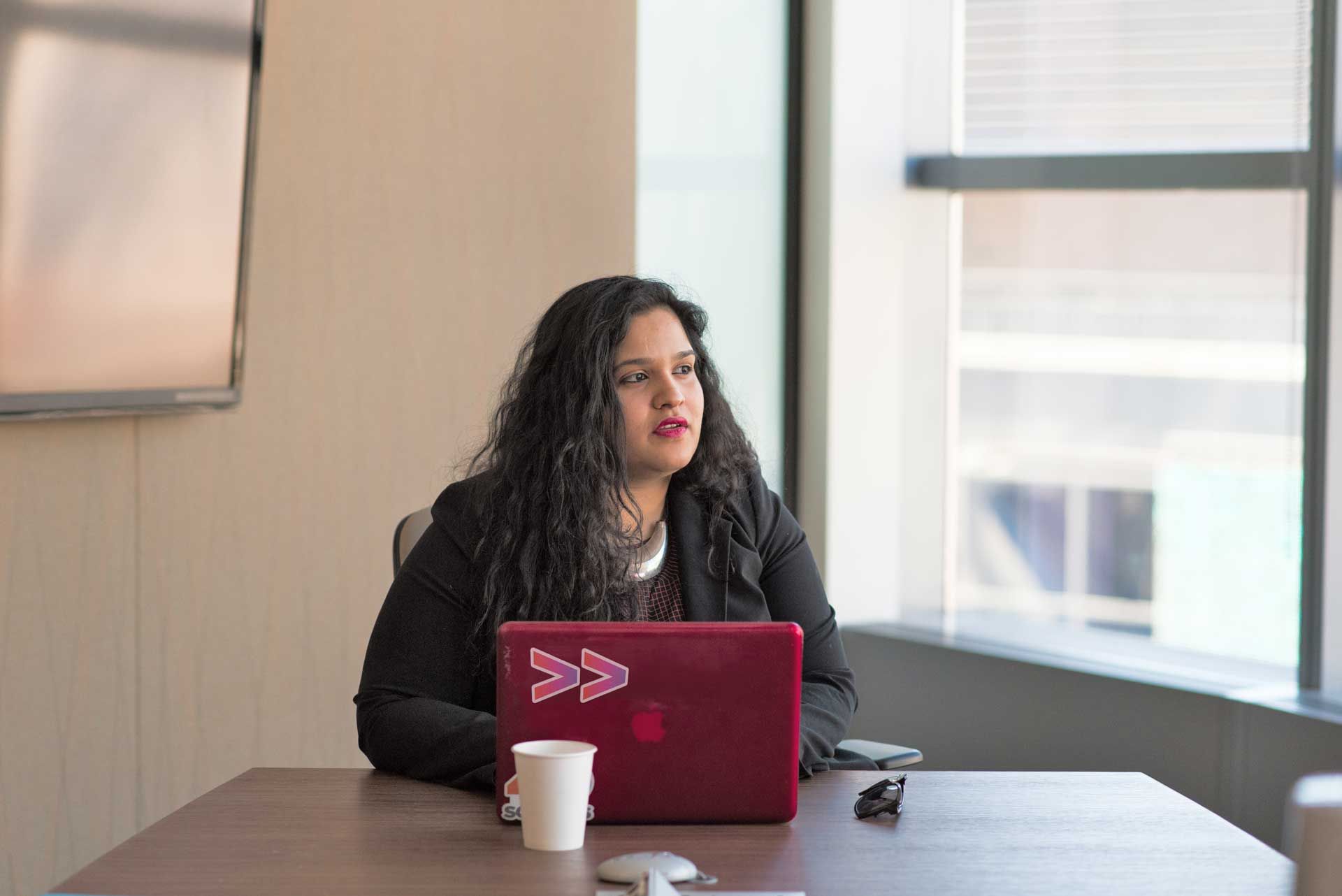“Your name is so hard, I’m going to call you Jay!”
“You can’t be Latina, you don’t speak Spanish.”
“Your hair looks so different today, those braids can’t be your real hair.”
“What’s it like to be Black right now?”
Speaking to a care worker or family member instead of directly to the person with a disability.
“Where are you really from?”
Grabbing your wallet tightly as a Black man approaches.
What do each of the above have in common?
They’re all microaggressions and as Dr. Derald Sue defines it they, “communicate hostile, derogatory, or negative slights and insults to the target person or group.”
Microaggressions are a form of invalidating the lived experience of people with non-dominant/marginalized identities. Which is why in doing equity work I teach about microaggressions a lot. Many people within their workplaces are microaggressed *constantly.* Often by well meaning colleagues who don’t understand that what they’re doing causes harm.
Microaggressions have a cumulative impact on the person experiencing them, research suggests that the continuous barrage of these comments can equal the same psychological impact of a major traumatic event.
Someone might be able to shake off the first time you mispronounce their name, but when it’s the tenth time that week they’re exasperated and tired of it. Then other colleagues follow suit and the harm is compounded. The message being given is that they’re different and not worth the effort to learn how to say their name correctly –even if that isn’t the intent.
Often when the person being microaggressed shares the impact that the action or comment had on them they’re met with dismissal, anger or “I’m sorry if I offended you.”
This causes more harm. Which is why developing our awareness and analysis about microaggressions is an essential skill in allyship.
We have to understand how our biases and lack of knowledge about others create so many opportunities to microaggress people. It’s our responsibility to understand the impact, work to lessen the amount we microaggress people AND intervene when we see them happening.
Below are a lot of resources about microaggressions. I hope you’ll spend some time digging into these and skilling yourself up.

